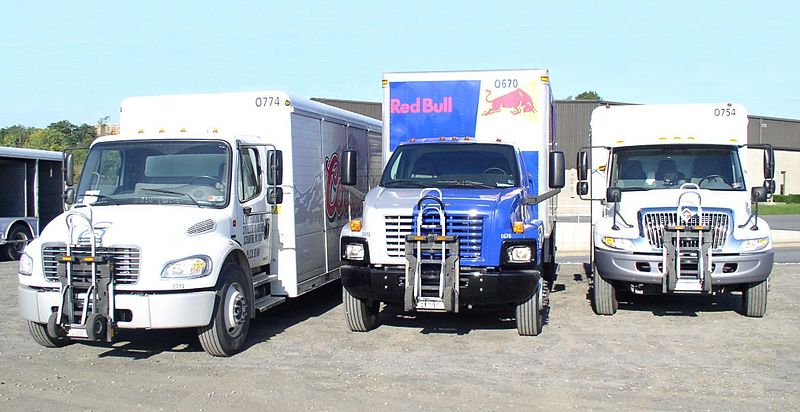Getting the right fuel at the right price for a fleet of trucks can be a full-time job for fleet managers. That’s why many fleet managers focus so much energy on fuel management and loss prevention.
Fuel prices are volatile and can quickly sink budget plans. Fleet owners also deal with volatility when it comes to pricing when buying and storing fuel.
What if there was an easier way to reduce fuel costs and ensure fuel gets where it needs to go? The answer lies in fleet fuel management technology.
Learn more about the benefits of fuel management technology and how it can improve your fleet today.
Automating the Fueling Process
Technology is revolutionizing fuel management for fleets and automating the fueling process. Automated systems provide greater efficiency, transparency, and accuracy for refueling.
This helps manage factors such as fuel usage, fuel costs, cost per mile, etc., which helps in reducing overall fuel debt within the organization.
Technologies, such as Derive, allow for automated refueling with RFID cards, which track the amount of fuel used by each vehicle, as well as tracking the personal data of drivers. This helps identify who uses fuel fraudulently.
Automated systems also provide alerts when fuel drops below a pre-set threshold, improving customer service and allowing operators to respond quickly. As a result, companies are increasingly able to reduce costs and meet customer demands.
Optimizing Refueling Visibility
This helps in better accountability and transparency for all businesses, allowing them to stay on top of their fuel costs. Automated alerts allow companies to be alerted anytime if there is a problem, such as an unauthorized purchase or fuel consumption rate.
Integrated routing software can also be used to help optimize routes, reducing the amount of time and money spent on fuel.
Additionally, technology is there to manage the security of all fuel stores. Technology also makes it easier to predict fuel usage and fuel costs. This will help businesses to plan ahead and budget more economically. All these technologies are helping fuel fleet management be more manageable and efficient.
GPS Tracking
GPS Tracking enables fleet fuel management to optimize routes and reduce fuel costs. It can provide actual driver performance, route, and fuel optimization. It gives fleet operators an overview of fuel exact usage and very detailed analytics of fleet vehicles. This helps reduce costs and improve performance and productivity. This will also definitely provide better service to customers.
By utilizing GPS, fuel management for fleets can be more efficient in checking fleet vehicles.
Fleet Metrics
This will allow the business to track, analyze and monitor the fuel management process. Improved data analytics empower fleet managers to make strategic decisions in reducing cost and maximizing efficiency.
Explore Fleet Fuel Management
Technology is quickly changing the way fleets manage fuel. For fleet managers, the ease of implementing fuel management solutions creates cost savings, increased efficiency, and improved staff safety, making it a clear choice.
Did you find this article helpful? Check out the rest of our blog for more!

